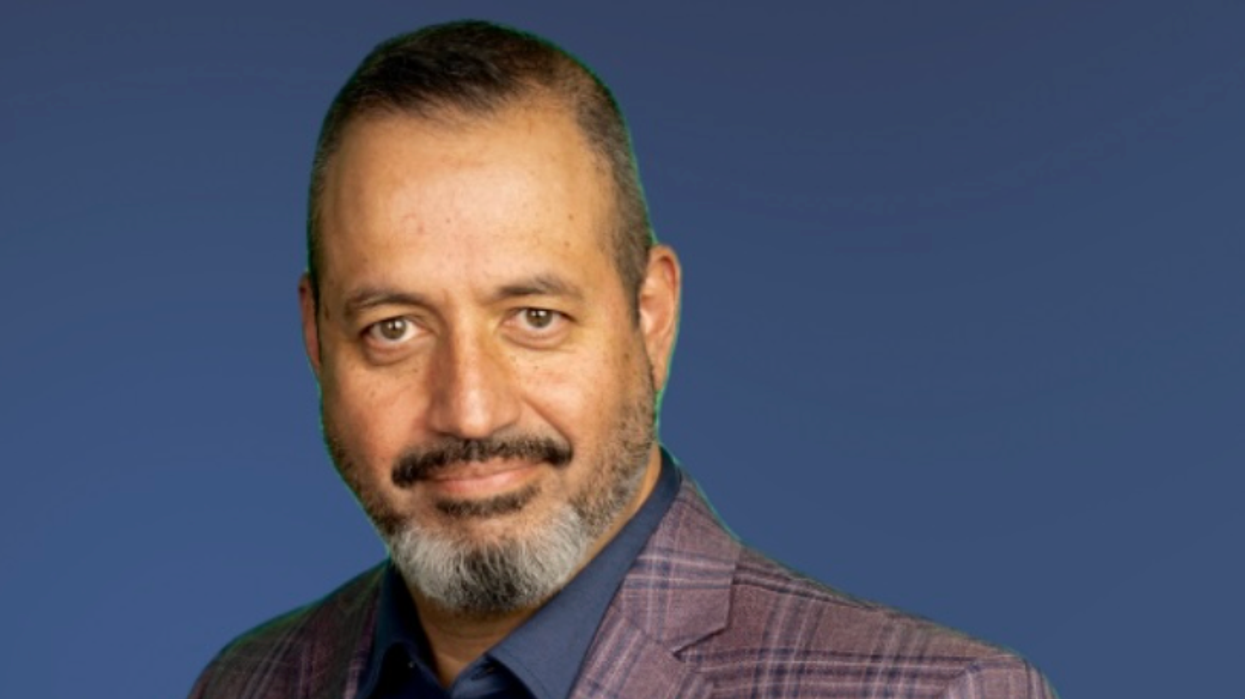As co-publishers of The Fulcrum, we are proud to announce that, effective Jan. 1, Hugo Balta, The Fulcrum’s director of solutions journalism and DEI initiatives, will serve as executive editor.
Hugo is an award-winning, 30-year multimedia journalism veteran with multiple market and platform experience, including leadership positions in NBC, Telemundo, ABC, CBS, and PBS, among other storied news networks. A nationally recognized diversity in journalism advocate, he is the recipient of the 2024 Cecilia Vaisman Award from Northwestern University Medill School of Journalism, Media, Integrated Marketing Communications. Hugo is the only person to serve twice as president of the National Association of Hispanic Journalists. Hugo and his family live in Chicago.
He is currently the Publisher of the Latino News Network. LNN’s mission is to provide greater visibility and voice to the Hispanic, Latino community, amplify the work of others in doing the same, mentor and provide young journalists with real work experiences, and apply the principles of solutions journalism in producing stories focused on the social determinants of health, and democracy.
Hugo is also an adjunct professor at Columbia College Chicago, teaching journalism courses. He previously worked as executive editor at the Chicago Reporter, editor at WBBM News Radio, and news director at WTTW Chicago.
We’ve grown significantly in 2024 and, under Hugo’s leadership, we are confident that our growth will continue as we expand into new areas. We deliver more than 1.4 million web impressions monthly and roughly 380,000 page views per month through our daily newsletter, social media platforms, and numerous other national content-sharing relationships. In addition, in the first eight months of this year, our writings were picked up 3,549 times by local newspapers around the country, which added to our reach considerably.
The Fulcrum is now accredited by Apple News, MSN News, Smart News and the Latino News Network. They pick up our content daily, and we are working to expand our relationship with them and other national platforms in 2025 to engage more citizens on how our evolving democracy can better meet the needs of all the people. We do so by sharing many perspectives to build a pro-democracy constituency of millions of Americans by making it easier to find and act on local and national civic engagement opportunities.
In 2024, we strengthened our working relationship with the Medill School of Journalism at Northwestern University, where young journalists regularly provided reporting for The Fulcrum We are also extremely proud of our working relationship with The OpEd Project, which offers The Fulcrum the opportunity to elevate the ideas and knowledge of underrepresented expert voices to accelerate solutions to the biggest problems facing our nation.
We’d like to give a special thank you to David Meyers, our current executive editor, who has been instrumental in the success of The Fulcrum. David’s vast experience after two decades at CQ Roll Call, a leading publisher of political news and information, was instrumental in guiding The Fulcrum team to the success we are now experiencing. David will be starting a new job in January with OpenSecrets as director of communications and marketing.
Despite our successes in 2024, we will not rest on our laurels. 2025 allows us to solidify further our position as a leading outlet for news and opinion so insiders and outsiders to politics are informed, meet, talk and act to repair our democracy and make it work in their everyday lives. Our dedication to a solutions journalism model will continue as we explore what is dividing us on the issues, what information can be trusted, what is oversimplified about the issues, and the nuances and complexities of the many problems facing our nation.
Please contact Hugo at hugo@thefulcrum.us to submit your op-ed proposal, suggest news stories and news or ask questions.
Becvar is co-publisher of The Fulcrum and executive director of the Bridge Alliance Education Fund. Nevins is co-publisher of The Fulcrum and co-founder and board chairman of the Bridge Alliance Education Fund.





















Trump & Hegseth gave Mark Kelly a huge 2028 gift